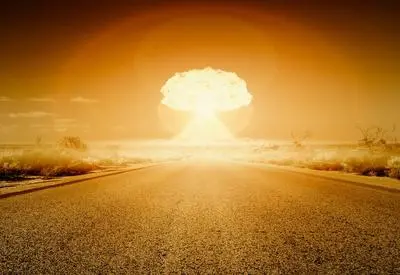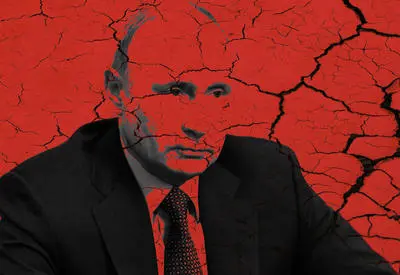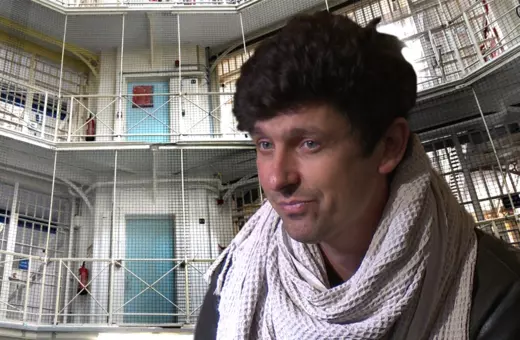Since the Cuban missile crisis, the idea of all-out nuclear war in Europe has been almost unthinkable. And many Western commentators have dismissed Putin’s recent threats of nuclear blackmail as scare tactics. But we should not be so confident in our assessment argues nuclear expert Keir Lieber. If the West doesn’t tone down it’s rhetoric of a decisive military victory against Russia, we could be heading for catastrophe in Europe.
Many analysts believe that the danger of Russian nuclear weapons use against Ukraine or NATO has receded. Occasional escalatory threats by Russian President Vladimir Putin have been largely dismissed as scare tactics by Western officials, who remain confident that nuclear deterrence will hold under most plausible circumstances.
 SUGGESTED READING
The truth about nuclear deterrence
By Herbert Lin
SUGGESTED READING
The truth about nuclear deterrence
By Herbert Lin
Such confidence is misguided. Both strategic logic and international history suggest that Putin is likely to use nuclear weapons if he faces the prospect of a devastating defeat in the Ukraine war or a future conflict with NATO. Specifically, if Putin perceives an existential threat to his regime, then he will be compelled to prevent that outcome – even if it requires taking risky escalatory steps, including the use of tactical nuclear weapons on the battlefield. Nuclear weapons are the ultimate tools of last resort; any rational leader would consider using them if his or her regime or life were on the line.
Of course, Russia’s poor military performance in Ukraine makes a future direct attack by Russia on a NATO country seem unlikely. But that same conventional military weakness explains the danger of Russian nuclear escalation in both the current war in Ukraine and any conflict with NATO, if one were to occur.
___
The brutal fate of leaders like Saddam Hussein and Muammar Gaddafi, who lost wars to superior adversaries without having a nuclear option, looms large
___
First, consider historical precedent. The principle strategic challenge to NATO in the Cold War was the danger of a Soviet invasion of Western Europe. Because the Red Army at the time was far more powerful than NATO forces – the Soviets were expected to quickly overrun the continent if war came – conventional deterrence was insufficient. Instead, NATO threatened nuclear war to deter a Soviet conventional attack. The United States and its allies deployed thousands of nuclear weapons across NATO territory in order for them to be used against Soviet forces to coerce a halt to the conflict before it was too late.
Second, consider the nuclear doctrines of contemporary nuclear countries. Those countries that face conventionally superior adversaries appear to rely on coercive nuclear doctrines for their security. For North Korea, fighting against the vastly superior combined forces of the United States and South Korea, military defeat would come quickly and likely lead to the fall of the Kim Jong Un regime. Thus, Kim would face huge incentives to escalate with nuclear weapons to forestall that outcome. Pakistan faces superior Indian conventional forces, and thus not surprisingly relies on nuclear escalation to deter conflict or, if deterrence fails, to coerce a stalemate before Indian conquers or decisively defeats Pakistan in war. The brutal fate of leaders like Saddam Hussein and Muammar Gaddafi, who lost wars to superior adversaries without having a nuclear option, looms large.
 SUGGESTED READING
How we got Putin so wrong
By Stathis N. Kalyvas
SUGGESTED READING
How we got Putin so wrong
By Stathis N. Kalyvas





















Join the conversation